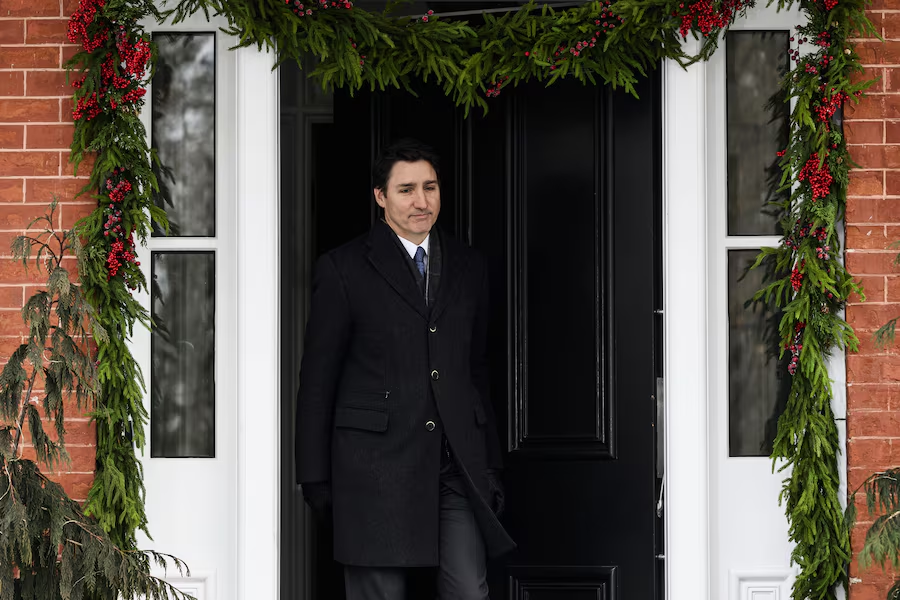Featured
article
- Get link
- X
- Other Apps
Trudeau's Resignation Sparks Speculation on Upcoming Canadian Election
Canadian Prime Minister Justin Trudeau has announced his resignation as the leader of the ruling Liberal Party, following months of pressure from party members and declining public approval ratings. Trudeau's decision to step down comes ahead of a federal parliamentary election that must happen by October 2025, but it could be held earlier if the House of Commons passes a motion of no-confidence to dissolve the incumbent Liberal government.
Trudeau's nine-year tenure as Prime Minister has faced increasing challenges, with two-thirds of Canadians disapproving of his performance amid frustration over the cost of living and record immigration levels. The Liberal Party now trails the opposition Conservative Party by more than 20 percentage points, and voter support hit a record low by the end of 2024.
The resignation of Deputy Prime Minister and Finance Minister Chrystia Freeland in December further intensified the pressure on Trudeau to step down. Freeland's departure, along with recent losses in by-elections in formerly Liberal strongholds, pushed party members to hold a closed-door caucus meeting in late October, where they urged Trudeau to resign.
Trudeau's resignation has led to speculation about the timing of the next federal election. While the election must be held by October 2025, it could be called earlier if the House of Commons passes a motion of no-confidence. The Liberal Party constitution states that upon resignation, the party board of directors, in consultation with the caucus, should appoint an interim leader. The party will then conduct a robust, nationwide competitive process to select a new leader.
As Canadians await the selection of a new Liberal leader, the political landscape remains uncertain. The upcoming election will provide a clear choice for Canadians, and the outcome will shape the future direction of the country.
Popular Posts
Trump's Six Words: "I'm Going to Stop the Wars"
- Get link
- X
- Other Apps
Smart Savings for a Sharp School Start: Canadian Parents’ 2025 Guide
- Get link
- X
- Other Apps




Comments
Post a Comment